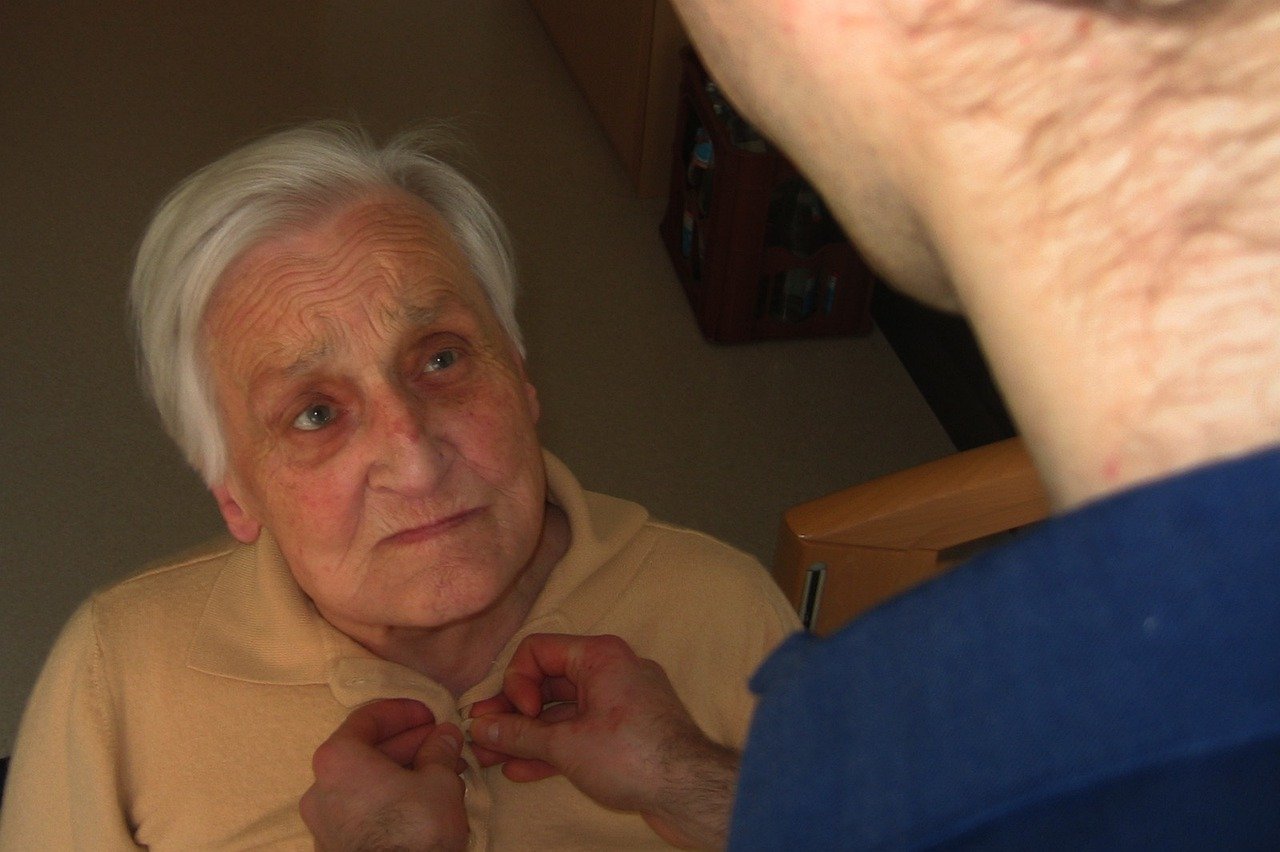 assisted living facilities
assisted living facilities
In recent years, the demand for home care services has increased significantly as more individuals opt for personalized care in the comfort of their homes. However, ensuring the quality of these services is essential for the well-being and safety of seniors and individuals with disabilities. Evaluating the quality of home care services has gained attention due to concerns about consistency, reliability, and effectiveness in meeting the needs of clients.
Exploring the Facets of Home Care Quality
When evaluating the quality of home care services, several factors come into play. These include the qualifications and training of caregivers, the range of services offered, client satisfaction and outcomes, adherence to safety and regulatory standards, and communication between caregivers, clients, and families. Understanding these aspects is crucial for making informed decisions about selecting a home care provider.
Some reputable sources for further exploration of home care quality include:
- Centers for Medicare & Medicaid Services (CMS): CMS provides information on quality ratings for home health agencies and offers resources for consumers to compare provider performance.
- Home Care Association of America (HCAOA): HCAOA offers guidance and resources for evaluating the quality of home care services and finding accredited providers.
- National Association for Home Care & Hospice (NAHC): NAHC provides educational materials and best practices for ensuring high-quality home care services.
Challenges and Considerations
One of the main challenges in evaluating home care quality is the lack of standardized measures and benchmarks. Quality metrics can vary between agencies, making it difficult for consumers to compare options effectively. Additionally, ensuring consistency and accountability in service delivery across different settings and caregiver teams presents logistical challenges.
Ethical considerations also arise regarding the balance between cost and quality, as well as the rights and dignity of clients receiving care. Striking a balance between affordability and high-quality care is essential to promote access while maintaining standards of excellence.
Case Studies or Real-world Applications
Consider the case of John, an elderly individual receiving home care services following a hospitalization. By conducting thorough research and consulting with healthcare professionals, John’s family selected a reputable home care agency with positive client reviews and a strong track record of quality care. The caregivers provided personalized support, adhered to safety protocols, and communicated effectively with John’s healthcare team, resulting in improved health outcomes and overall satisfaction.
Conclusion
In conclusion, evaluating the quality of home care services is essential for ensuring optimal outcomes and client satisfaction. While challenges exist in standardizing measures and addressing ethical considerations, ongoing efforts to promote transparency, accountability, and consumer empowerment are critical. By staying informed and advocating for high standards of care, individuals and families can make informed decisions when selecting a home care provider.
Q&A Section
- How can I assess the qualifications and training of home care providers?
- Assessing the qualifications and training of home care providers involves reviewing their credentials, certifications, and licensure, as well as inquiring about their training programs and ongoing professional development.
Source
- What are some red flags to watch out for when evaluating home care agencies?
- Red flags when evaluating home care agencies may include high staff turnover rates, lack of transparency in pricing or services, negative client reviews or complaints, and failure to provide clear documentation or contracts.
Source
- How can I ensure that my loved one receives safe and reliable care at home?
- Ensuring safe and reliable care at home involves conducting thorough research on home care agencies, asking for references or recommendations, interviewing potential caregivers, and monitoring the quality of care through regular communication and feedback.
Source
- What role do regulatory agencies play in ensuring quality home care services?
- Regulatory agencies such as state departments of health and federal agencies like CMS establish standards and regulations for home care agencies, conduct inspections and audits, and provide oversight to ensure compliance with safety and quality standards.
Source
- Are there resources available to help me navigate the process of evaluating home care quality?
- Yes, there are resources available, including consumer guides, checklists, and online databases that provide information on home care agencies, quality ratings, and consumer rights. Additionally, consulting with healthcare professionals and social workers can offer valuable guidance and support.
Source
For personalized assistance in evaluating the quality of home care services, please fill out our form, and a specialist will reach out to you.
Need help? Let us know how we can match you.
